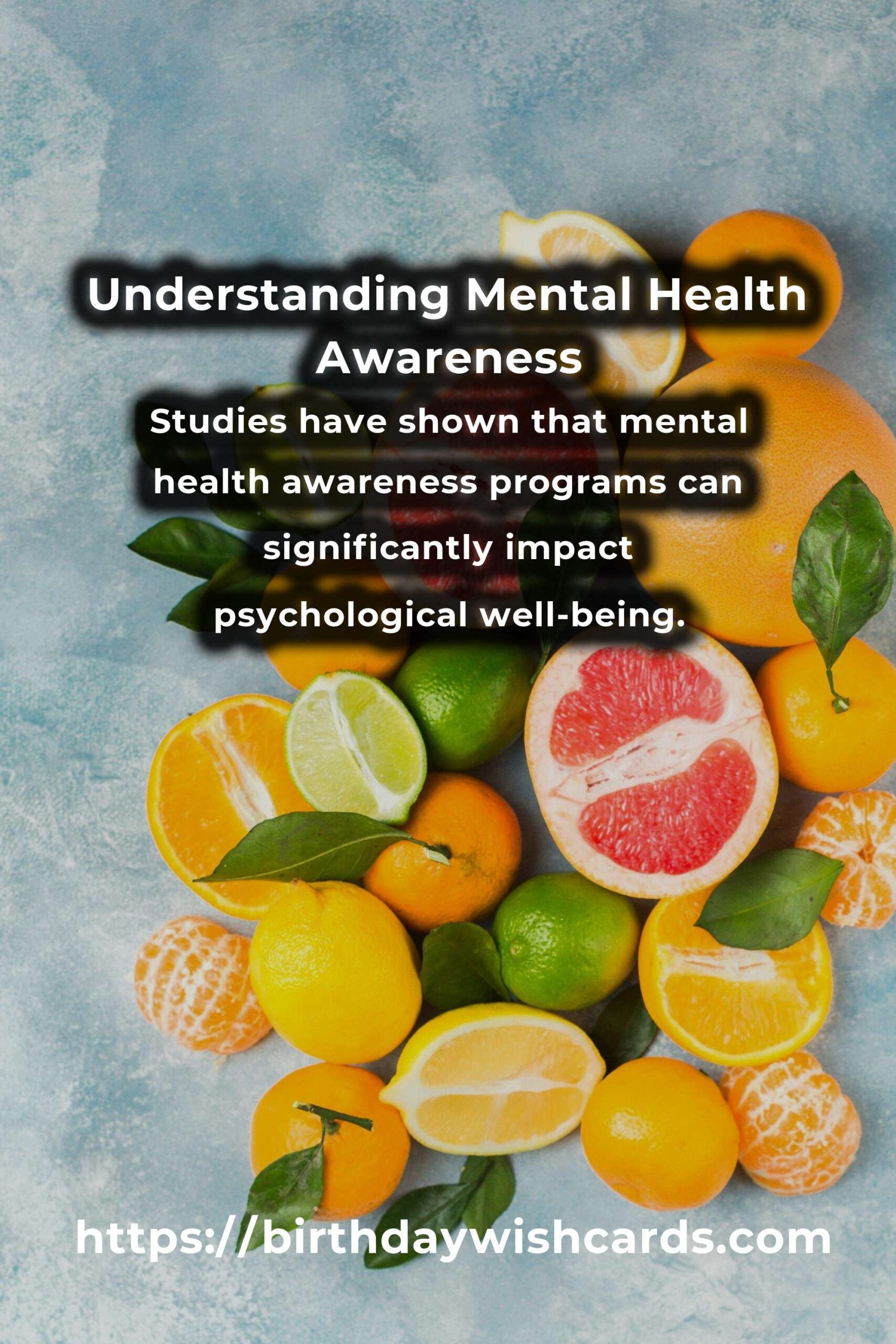
Mental health awareness has become a significant focus in educational institutions, workplaces, and communities worldwide. These initiatives aim to educate individuals about the importance of mental health, reduce stigma, and promote mental well-being. But what does science say about the effectiveness of these awareness lessons?
The Importance of Mental Health Awareness
Mental health awareness is crucial in today’s fast-paced world. With increasing stress levels, anxiety, and depression, understanding mental health issues is more important than ever. Awareness lessons educate people on recognizing the signs of mental health struggles, offering empathy, and seeking help when needed.
These lessons serve as a foundation for developing a compassionate society that acknowledges mental health as a critical component of overall well-being. By understanding mental health better, individuals can approach their own experiences and those of others with insight and care.
The Psychological Impact of Awareness Programs
Studies have shown that mental health awareness programs can significantly impact psychological well-being. These programs often include information about common mental disorders, coping mechanisms, and resources available for help. By providing this knowledge, individuals can better understand their own mental health and that of others.
Awareness programs also play a role in reducing stigma associated with mental health issues. When people are educated about the prevalence and impact of mental health conditions, they are less likely to view them as weaknesses or personal failings. This shift in perception can lead to more supportive environments for those struggling with mental health issues.
Scientific Evidence Supporting Mental Health Education
Research supports the effectiveness of mental health education in improving knowledge, attitudes, and behaviors related to mental health. For instance, a study published in the Journal of School Health found that students who participated in mental health education programs showed increased awareness and understanding of mental health issues, as well as improved attitudes towards seeking help.
Similarly, workplace mental health programs have been linked to improved employee well-being and productivity. A study in the Journal of Occupational and Environmental Medicine found that employees who received mental health training reported lower levels of stress and higher job satisfaction.
Implementing Effective Mental Health Programs
To maximize the impact of mental health awareness lessons, it is essential to implement them effectively. Programs should be tailored to the specific needs of the audience, taking into account cultural, social, and demographic factors. Interactive and engaging formats, such as workshops, seminars, and group discussions, can enhance learning and retention.
Moreover, involving mental health professionals in the development and delivery of these programs can ensure that the information provided is accurate and up-to-date. These professionals can also offer insights into effective coping strategies and resources for further support.
Conclusion
Mental health awareness lessons are a vital component of promoting mental well-being in society. By understanding the science behind these programs, we can appreciate their importance and work towards implementing them effectively. As awareness grows, we can hope for a future where mental health is prioritized and supported at all levels of society.
In conclusion, mental health awareness lessons are not just educational; they are transformative. They have the power to change perceptions, reduce stigma, and foster a more empathetic and supportive world for everyone.
Mental health awareness is crucial in today’s fast-paced world. Studies have shown that mental health awareness programs can significantly impact psychological well-being. Research supports the effectiveness of mental health education in improving knowledge, attitudes, and behaviors related to mental health. Programs should be tailored to the specific needs of the audience, taking into account cultural, social, and demographic factors. Mental health awareness lessons are not just educational; they are transformative.
#MentalHealth #Awareness #MentalWellbeing #Education #StigmaReduction

